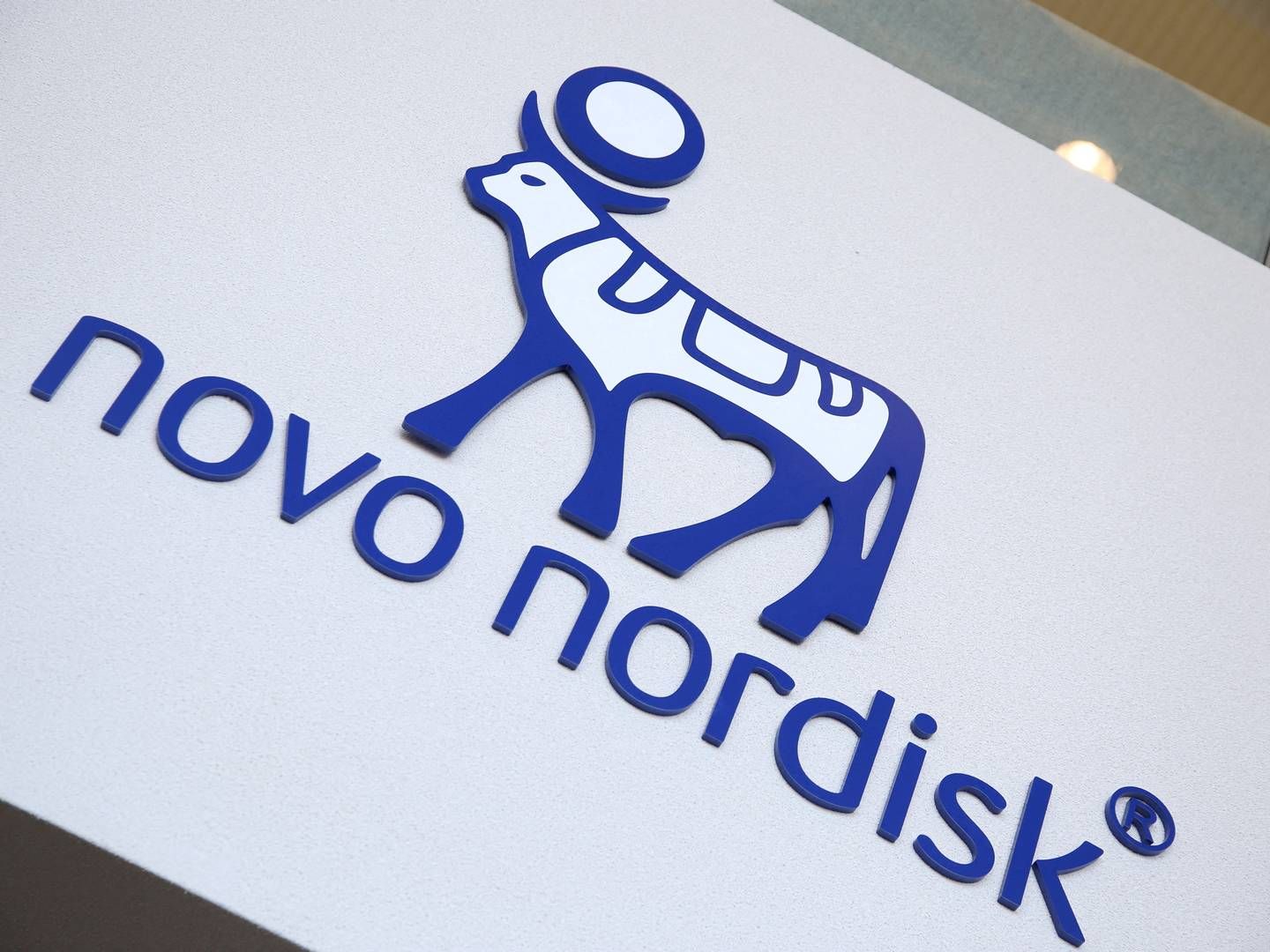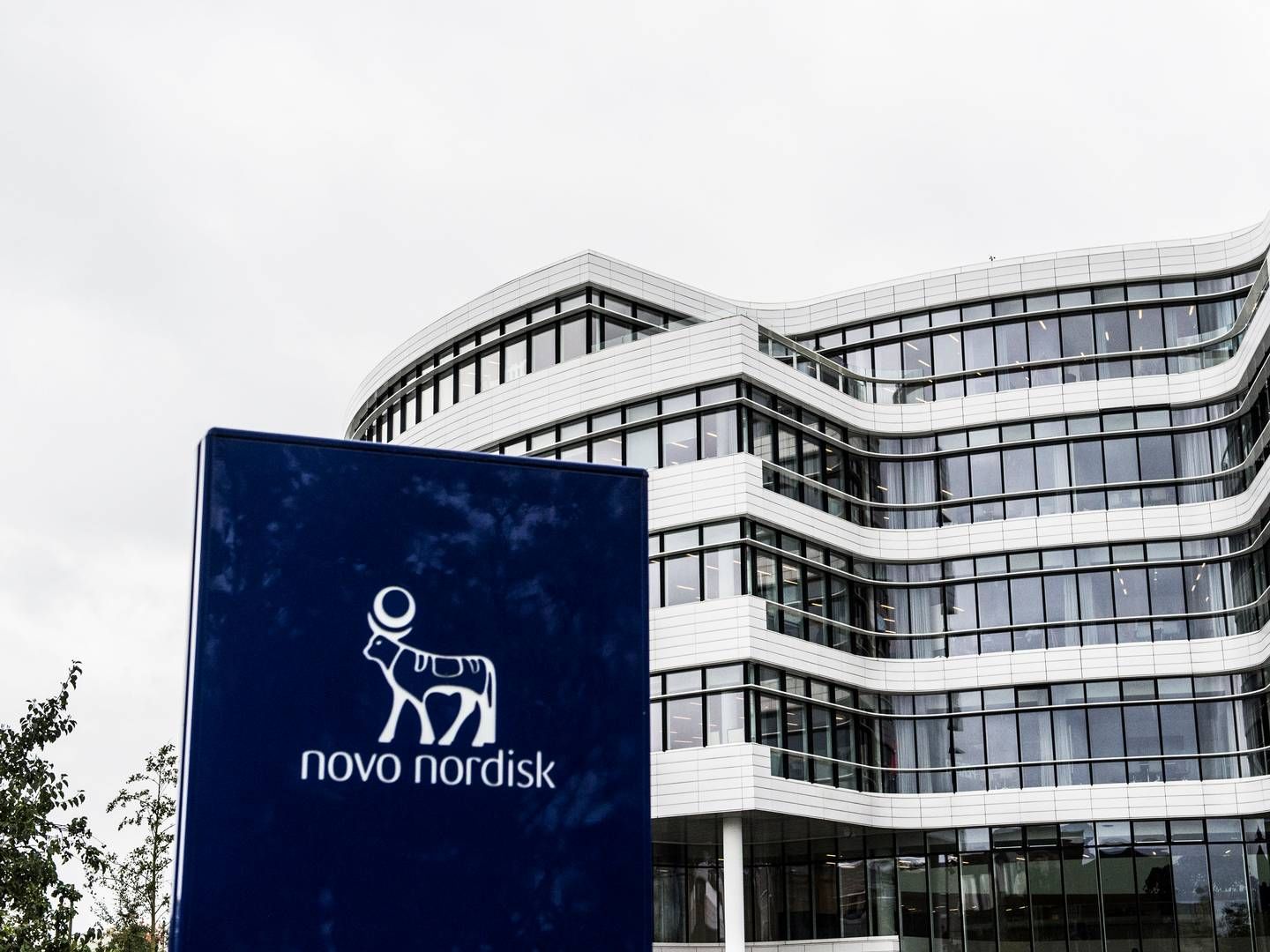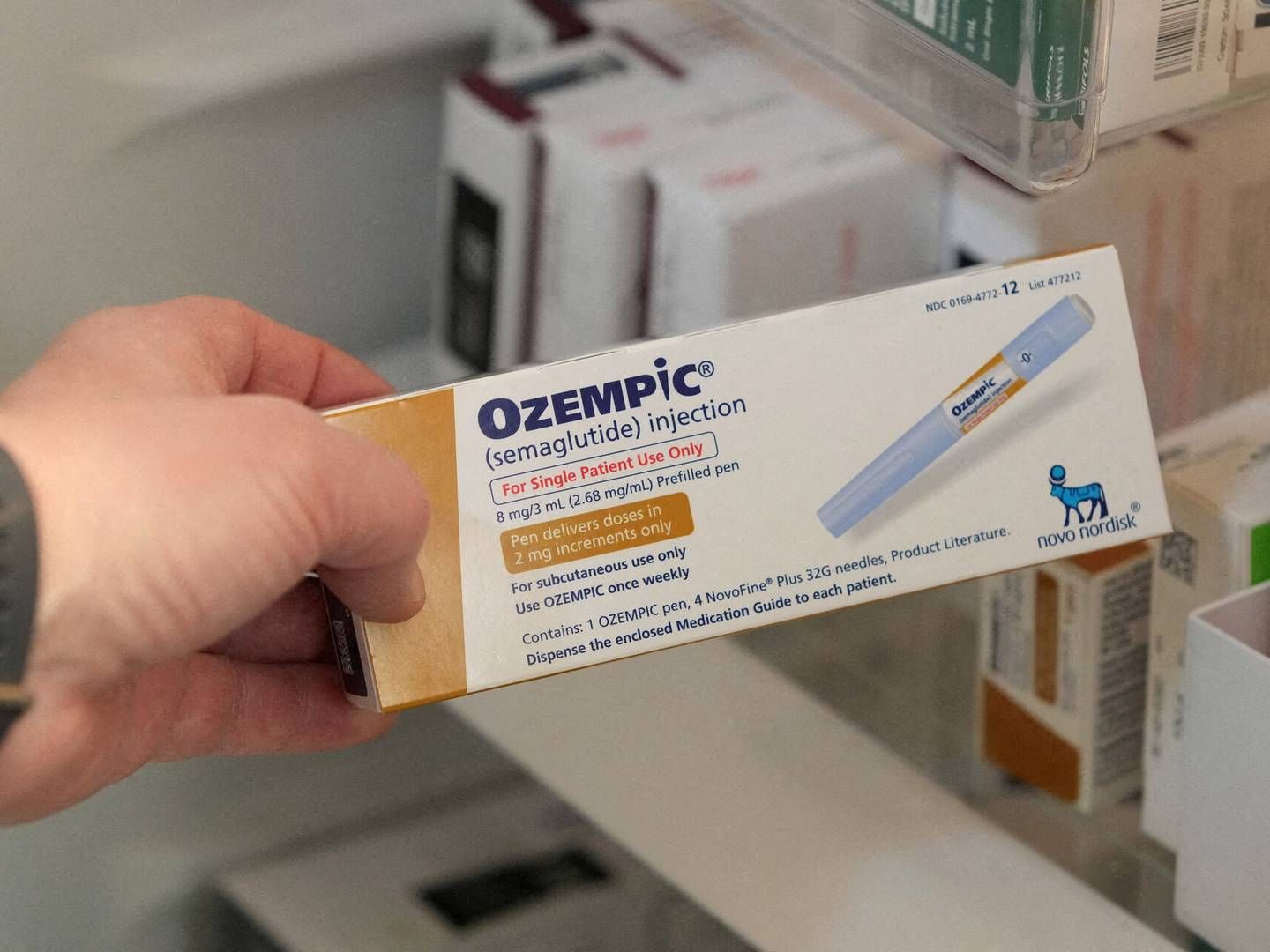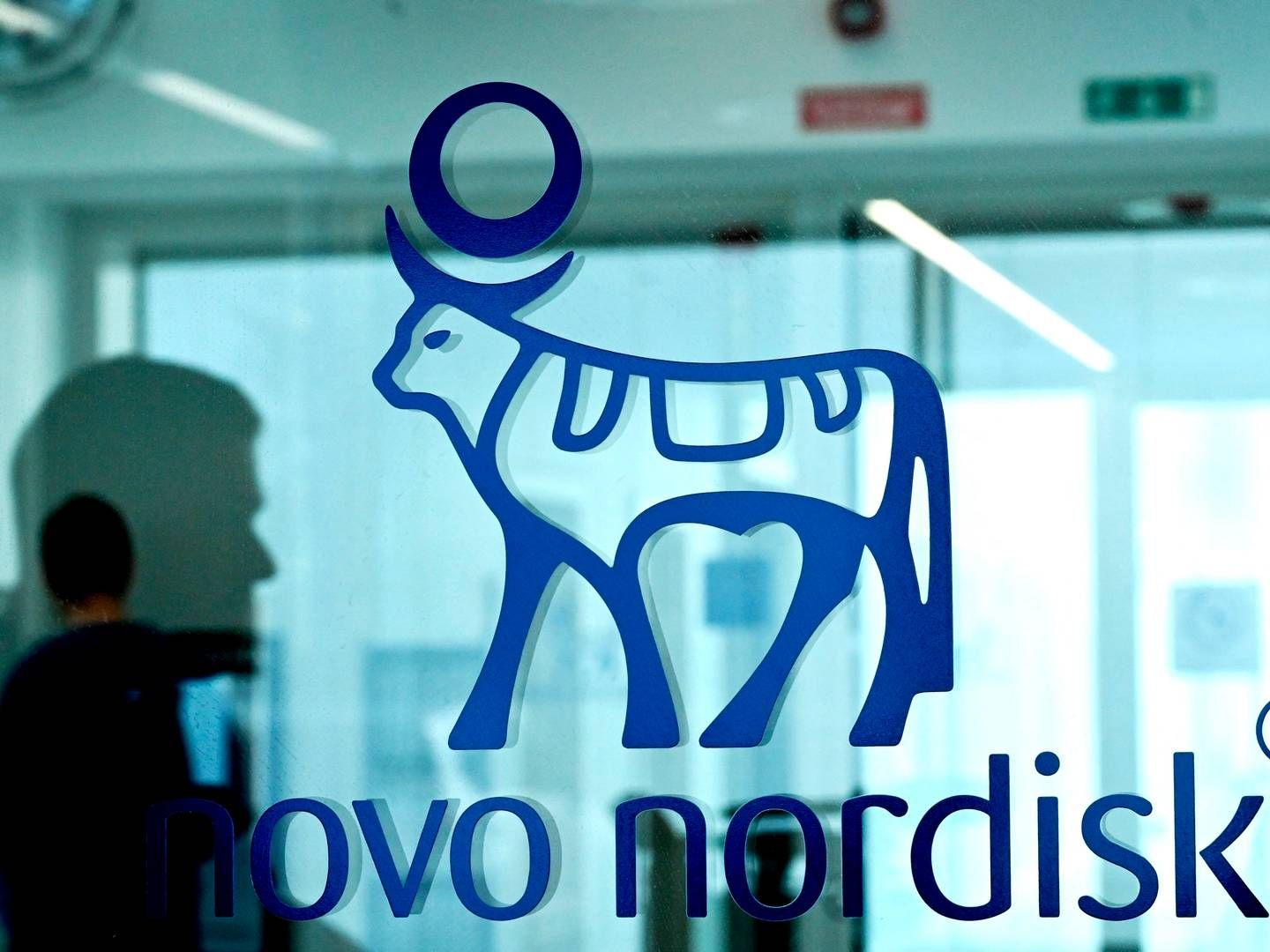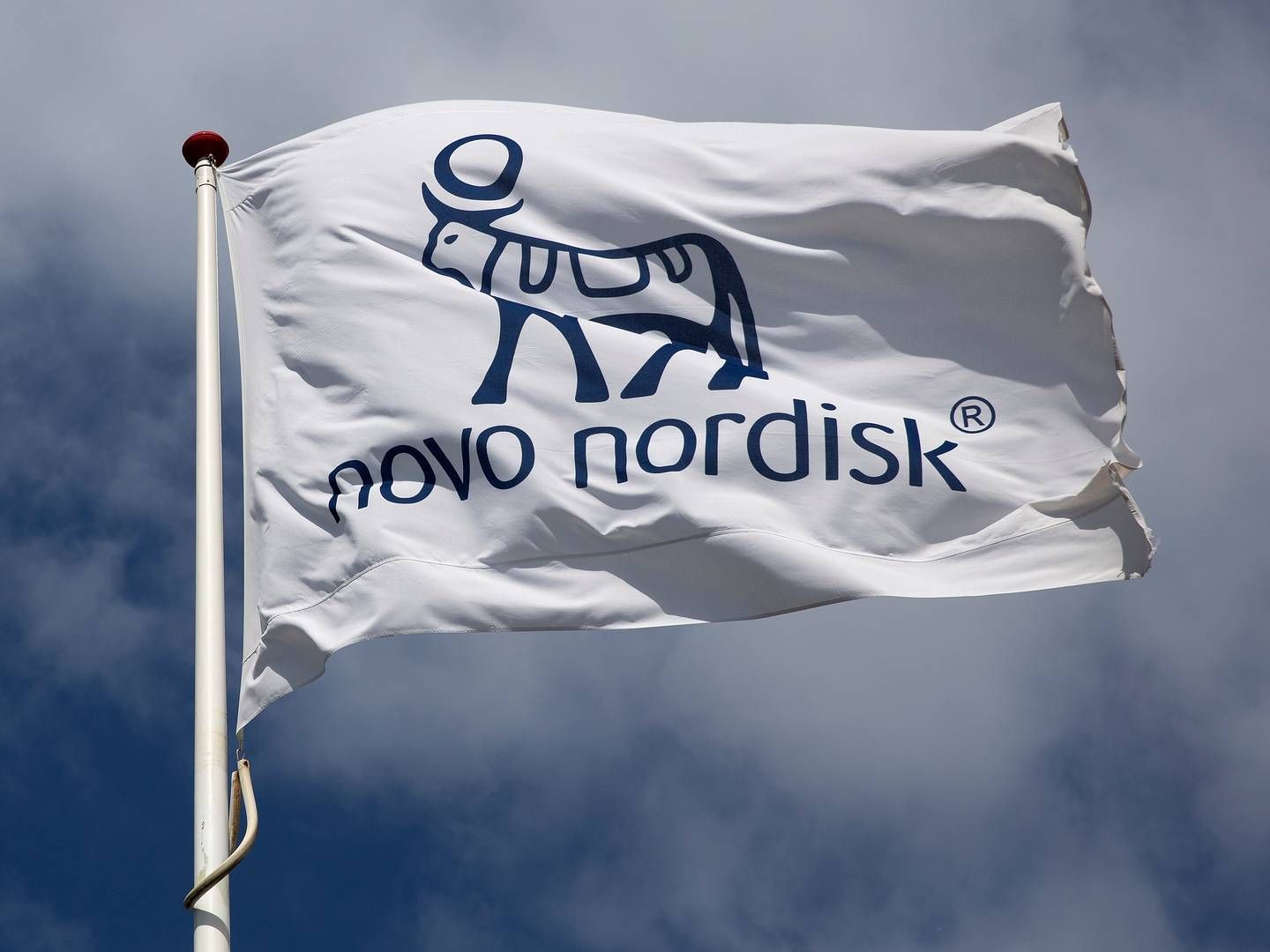Genmab cancer drug approved in new indication in US

Genmab has received approval from the US Food and Drug Administration (FDA) for the treatment of recurrent follicular lymphoma or cases where previous treatment has not worked as third-line therapy, it has announced in a statement.
Last year, Genmab received approval for Epkinly as a third-line treatment for diffuse large B-cell lymphoma.
”In just over a year, Epkinly has gained an additional indication in the US, making it the first and only bispecific antibody approved for the treatment of patients with diffuse large B-cell lymphoma and follicular lymphoma after two or more lines of systemic therapy.”
”The approved indications, together with the ongoing clinical development program, underscore epcoritamab’s potential to become a key treatment across B-cell malignancies,” said Jan van de Winkel, CEO of Genmab.
Epkinly is the first and only subcutaneously administered T-cell engaging bispecific antibody approved in the US for the treatment of this patient population.
The approval followed a fast-track review of Genmab’s application, which was based on the company’s Phase I/II Epcore NHL-1 study that showed a meaningful response in difficult-to-treat patients with follicular lymphoma.
The active ingredient in Epkinly is epcoritamab, developed in collaboration with US-based Abbvie. The companies share commercial responsibility in the US and Japan, while Abbvie is responsible for further global commercialization.
Genmab and Abbvie continue to evaluate the use of epcoritamab as monotherapy and in combination across lines of therapy in a variety of hematologic malignancies, according to Genmab.
English edit: Catherine Brett
Related articles
Genmab CEO on new data: “Unprecedented”
For subscribers
Search for new Ambu operations boss took months, says CEO
For subscribers





